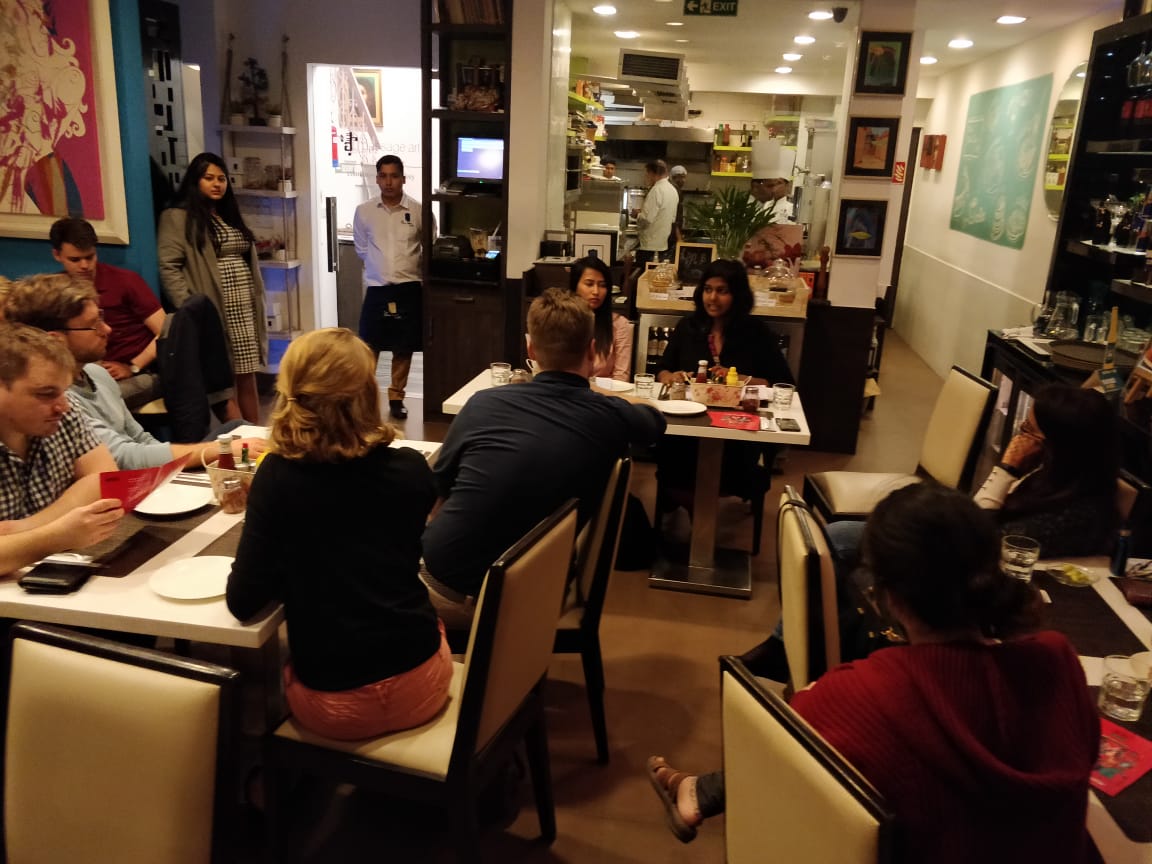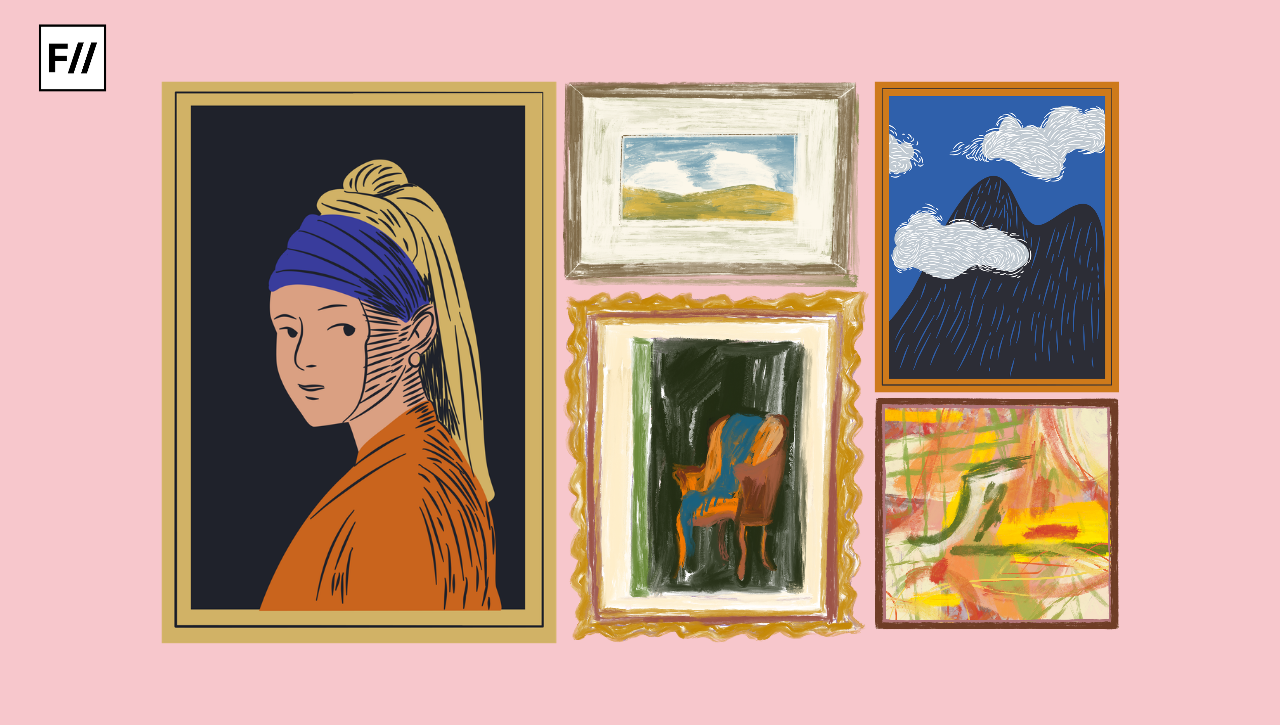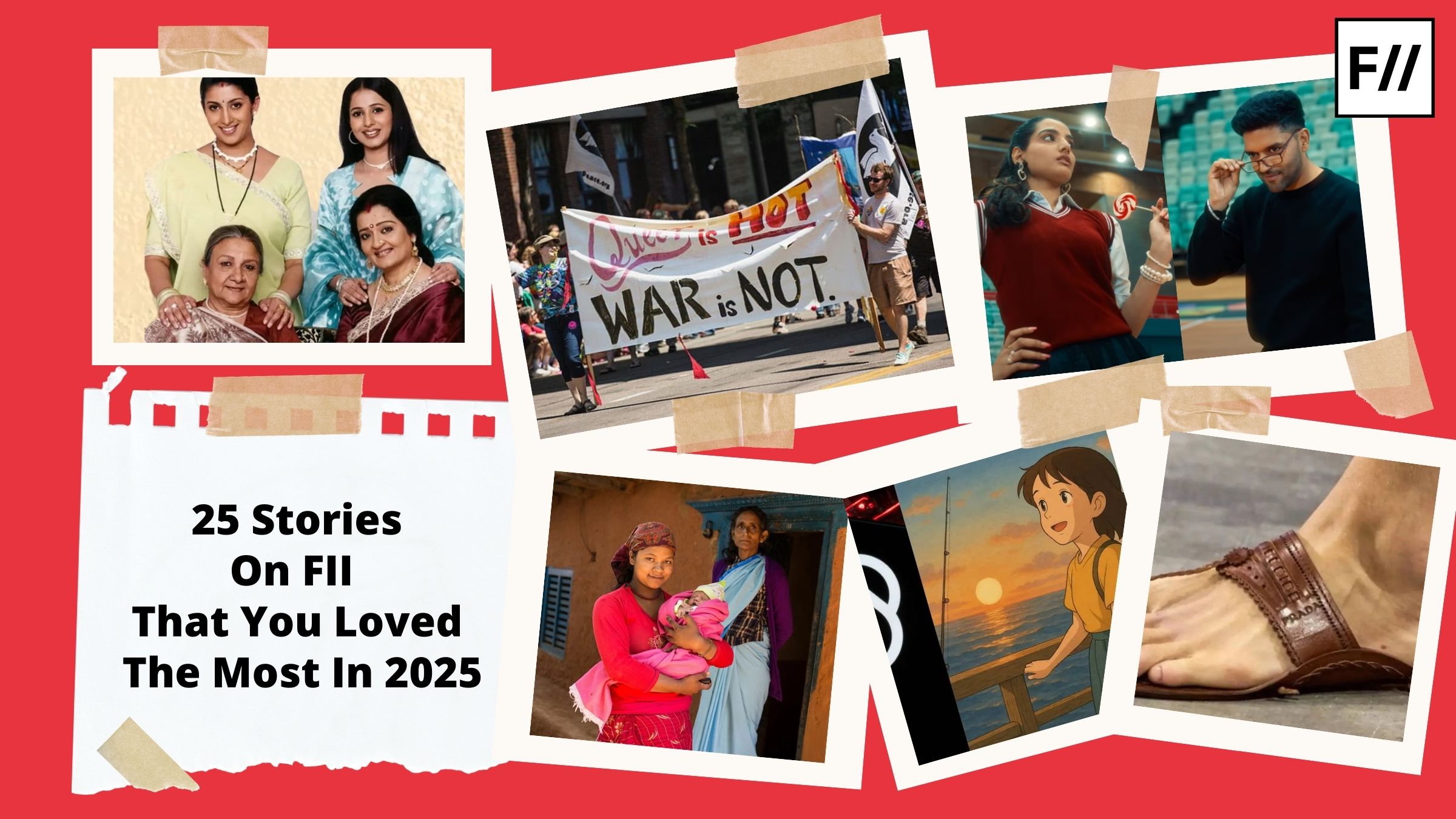On 25th February 2019, Feminism in India team gave a talk to Friedrich Naumann Foundation Delhi’s international scholarship students on the

A major part of the talk revolved around the caste system in India and how it’s still practised in the present society in various forms. Amudha MV and Suman Saurav, the content editor and digital editor at FII respectively, talked about the discriminatory practice of the caste system in India. From talking about the origin of the caste system to the inclusion of provisions to protect people of Scheduled Caste, Scheduled Tribe and other backward classes in our constitution, from caste-based crimes to other forms of caste-based discrimination in both urban and rural India – the talk shed light on the age-old evil practice.


While many of us prefer to turn a blind eye to the fact that caste-based discrimination still exists in our society, it doesn’t take away from the fact that it is alive, breathing and throbbing. While the origin of it can be found in various religious scriptures, its presence in the present era is a proof that it is so deeply ingrained in us through thousands of years of discriminatory practices that we are all practising it in some form or other, both directly and indirectly. Restricting our domestic help from sitting with us on the same bed or sofa, being aggressively opposed to inter-caste marriages, the increasing caste-hatred reflective in the growing number of caste-based violence, are some of the examples of how casteism still prevails. When it comes to rural areas the situation is even worse. Having separate wells and water tanks, different praying hours for temples, and the rampant practice of untouchability, these are all realities of caste based discrimination.



The talk, while touching upon all the above-mentioned points, also included sharing of personal experiences related to caste-based discrimination, followed by a Q&A session. Asmita Ghosh, the Campaign Manager at FII ended the talk by explaining the various aspects of this very intersection.
Discrimination is not horizontal but takes place vertically, where a Dalit woman faces discrimination not just because of her gender but also because of her identity as a Dalit. Hence, discrimination is layered and it is important to recognize that. Recognising this intersection can help us build a society whose structure of equality is laid on a strong foundation of equity.
Also read: FII’s Asmita Ghosh Gives Workshop On Feminism 101 At NIT Calicut
About the author(s)
Feminism In India is an award-winning digital intersectional feminist media organisation to learn, educate and develop a feminist sensibility and unravel the F-word among the youth in India.




